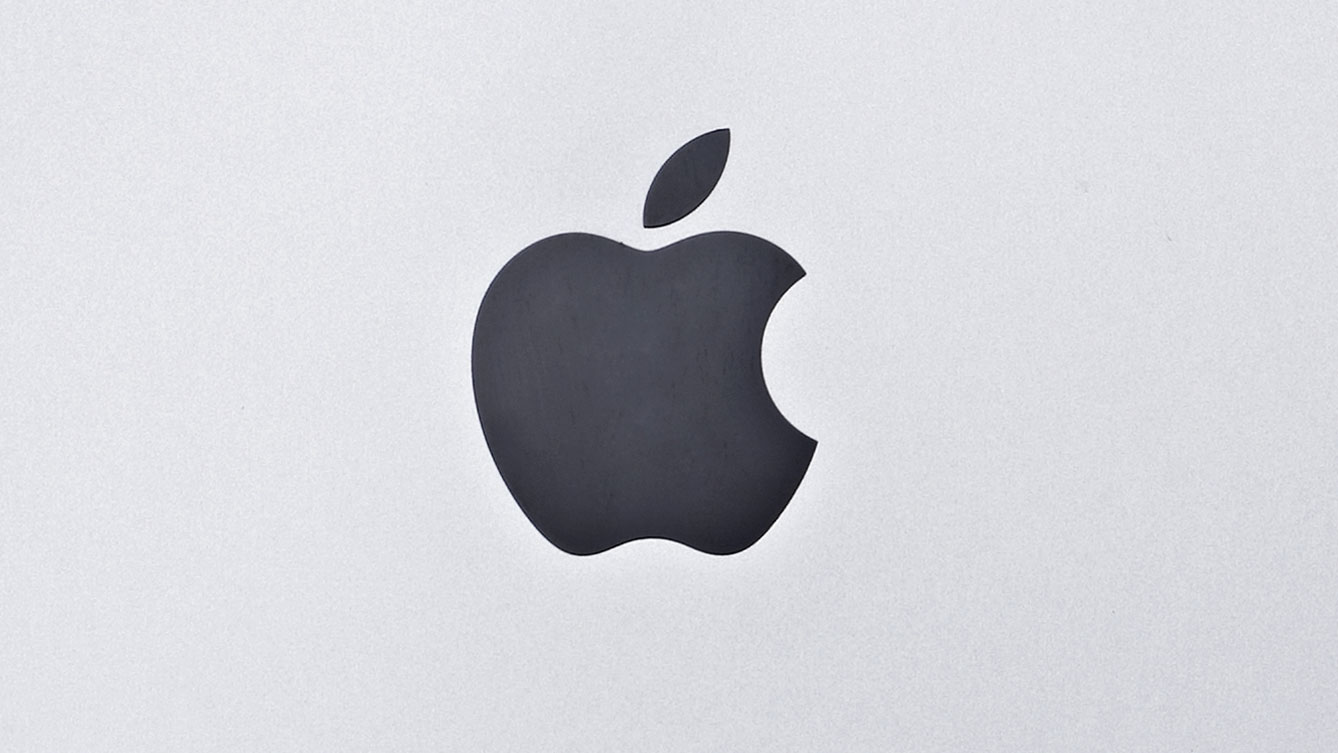
Somebody posted something very odd through my letterbox this week. It was very small, very yellow and it weighed about three grams. Was it yet another set of menus for the local takeaways, or the 400th 'give your clothes to our fake charity' envelope this week? Nope. It was the Yellow Pages.
Some of you might remember the Yellow Pages as enormous, heavy things the size of encyclopedias, so thick that strongmen would rip them apart to show just how incredibly powerful their oddly-shaped arms had become.
It's not so impressive these days. It's gone from A4 to A5, hundreds of pages to a handful. Strongmen? A hamster could destroy it.
The reason it's so thin, of course, is technology. With the possible exception of your grandparents, nobody looks for businesses in phone books now. If we know who we want, we Google their name. If we don't, we look for reviews online or ask friends on social networks.
The pace of change
What's amazing to me is the speed at which that happened. Four years ago, my wife made a good living selling ads in directories. Now, the whole idea of printing big lists of businesses and posting them through letterboxes seems as sensible as writing letters on pigskin and sealing them with wax.
It's not just the advertising business. I've been buying second-hand cars for years and for most of that time the whole thing was a hopelessly unfair competition between a salesperson with secret price guides and me, the clueless punter. Now, though, the salesman's best weapon - price secrecy - is gone.
In much the same way GPs dread hearing about Dr Google, car dealers must hate the sight of smartphone apps. Within a few clicks I can compare the price not just against the same secret price guide the salesman uses, but also against every similar model throughout the UK. I can check its MOT history, discover if it's been pranged and find out if there's any outstanding finance.
Get daily insight, inspiration and deals in your inbox
Sign up for breaking news, reviews, opinion, top tech deals, and more.
When I spot a fault, a couple of clicks tell me what it is, how much the part is and exactly how much that means the salesman should take off the sticker price.
New tech suffers too
The list of industries suffering at the hands of tech is a long one, encompassing everything from bookshops to bad restaurants, but it would be a mistake to think that change only affects old-fashioned industries.
Just ask Nokia or BlackBerry creator RIM. Three or four years ago they were kings of the world and now analysts are concerned one or both firms might not see Christmas.
My second-hand car contains another example of technological change. It has a cassette deck in it, just in case I fancy digging out some of my C90s from 1987. A few weeks ago I had a big clearout that involved getting rid of hundreds of CDs, because as far as I'm concerned they're completely obsolete. When I also found a couple of tapes it was as astonishing as finding a wizened old man living in my loft.
Today, of course, a tape deck is simply something you stick an iPod adaptor into. It's funny to scoff at this stuff, but of course it's still happening. Today's exciting new kit is tomorrow's eight-track cartridge, and the sight of a CD, DVD or Blu-ray disc, a USB thumb drive or a laptop with a replaceable battery may soon deliver the same nostalgic rush as finding a C60 with half of the UK Top 40 from 1994 taped on it.
Burying the iPad
Even fairly recent stuff is being booted into touch. For example, Apple has just announced that when iOS 6 ships this autumn, the original iPad won't be invited to the party. Apple has effectively end-of-lifed a computer that's barely two years old.
If that sounds rather arrogant and typically Apple, you haven't been watching the mobile device market. There, incredibly powerful pocket computers have an effective life expectancy of a year - 18 months tops. That's partly because we're magpies, constantly looking for the New Shiny Thing, but it's largely because the mobile tech industry is structured that way.
All too often, the must-have software won't run on even slightly old hardware, either because it isn't powerful enough (the first-gen iPad) or because somebody doesn't want you to have it (most smartphones). Just 7 per cent of Android users have the most up to date Android OS.
It isn't because they don't want it or that their hardware isn't capable of running it, it's that the gatekeepers, which can be the hardware manufacturers, the mobile phone operators or both, have no interest in keeping the devices current.
One of the few areas where this doesn't happen is in the PC market, because PCs are easily upgraded. But that might be changing too. Apple's already there with its barely fixable, forget-about-upgrading MacBook Pro and iPad, and Windows RT tablets are likely to be similarly tinkering-proof.
It's a trend that will continue, because while being able to prolong our PCs' lives is great for us and for the firms whose bits we buy, it's a terrible thing for the OEMs. PCs with smartphone-style lifespans might not sound like a good idea to us, but I'm sure they sound brilliant in boardrooms.